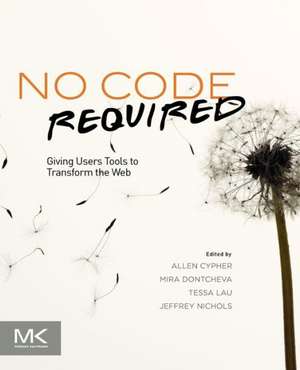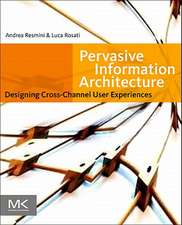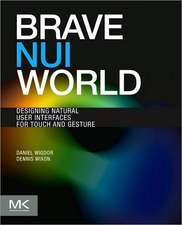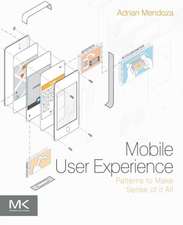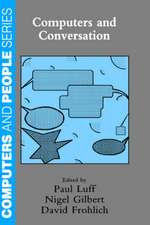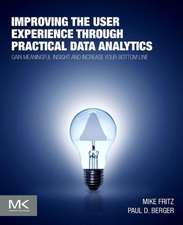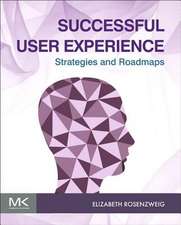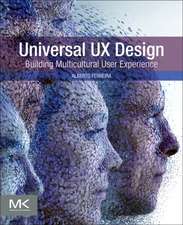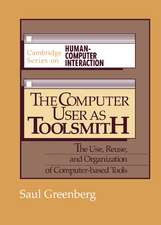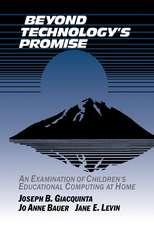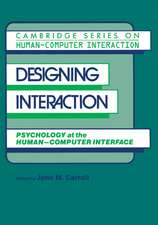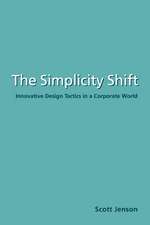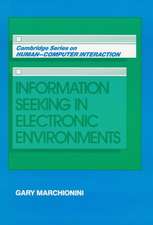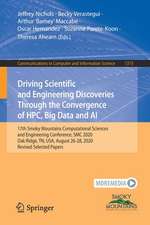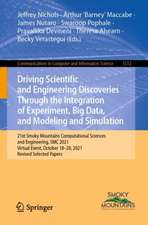No Code Required: Giving Users Tools to Transform the Web
Autor Allen Cypher, Mira Dontcheva, Tessa Lau, Jeffrey Nicholsen Limba Engleză Paperback – 20 mai 2010
Comprised of seven parts, the book provides basic information about the field of end-user programming. Part 1 points out that the Firefox browser is one of the differentiating factors considered for end-user programming on the Web. Part 2 discusses the automation and customization of the Web. Part 3 covers the different approaches to proposing a specialized platform for creating a new Web browser. Part 4 discusses three systems that focus on the customized tools that will be used by the end users in exploring large amounts of data on the Web. Part 5 explains the role of natural language in the end-user programming systems. Part 6 provides an overview of the assumptions on the accessibility of the Web site owners of the Web content. Lastly, Part 7 offers the idea of the Web-active end user, an individual who is seeking new technologies.
- The first book since Web 2.0 that covers the latest research, development, and systems emerging from HCI research labs on end user programming tools
- Featuring contributions from the creators of Adobe’s Zoetrope and Intel’s Mash Maker, discussing test results, implementation, feedback, and ways forward in this booming area
Preț: 238.12 lei
Preț vechi: 344.53 lei
-31% Nou
Puncte Express: 357
Preț estimativ în valută:
45.57€ • 49.48$ • 38.28£
45.57€ • 49.48$ • 38.28£
Carte tipărită la comandă
Livrare economică 15-29 aprilie
Preluare comenzi: 021 569.72.76
Specificații
ISBN-13: 9780123815415
ISBN-10: 012381541X
Pagini: 512
Ilustrații: 1
Dimensiuni: 191 x 235 x 30 mm
Greutate: 0.86 kg
Editura: ELSEVIER SCIENCE
ISBN-10: 012381541X
Pagini: 512
Ilustrații: 1
Dimensiuni: 191 x 235 x 30 mm
Greutate: 0.86 kg
Editura: ELSEVIER SCIENCE
Public țintă
Practitioners, researchers, and students in end user programming, human computer interaction, web design user experience design, software and web interaction/interface designers, information design, information architecture, usability engineers, web application designersCuprins
Introduction
- End User Programming on the Web Allen Cypher (IBM)
- Why We Customize the Web Robert Miller (MIT)
- Sloppy Programming Greg Little (MIT)
- Mixing the reactive with the personal: Opportunities for end user programming in Personal information management (system) Max Van Kleek (MIT)
- Going beyond PBD: A Play-by-Play and Mixed-initiative Approach (system) Hyuckchul Jung (Institute for Human and Machine Cognition)
- Rewriting the Web with Chickenfoot (system) Robert Miller (MIT)
- A Goal-Oriented Web Browser (system) Alexander Faaborg (Mozilla)
- Clip, Connect, Clone: Combining Application Elements to Build Custom Interfaces for Information Access (system) Jun Fujima (Hokkaido)
- Mash Maker (system) Robert Ennals (Intel)
- Collaborative scripting on the web (system) Tessa Lau (IBM)
- Programming by a Sample: Rapidly Creating Web Applications with d.mix (system) Björn Hartmann (Stanford)
- Highlight: End User Mobilization of Existing Web Sites (system) Jeffrey Nichols (IBM)
- Subjunctive Interfaces for the Web Aran Lunzer (University of Copenhagen)
- From Web Summaries to Search Templates: Automation for Personal Web Content (system) Mira Dontcheva (Adobe Systems)
- Access to the Temporal Web Through Zoetrope (system) Eytan Adar (University of Washington)
- Enabling End Users to Independently Build Accessibility into the Web Jeffrey Bigham (University of Washington)
- Social Accessibility: A Collaborative Approach For Improving Web Accessibility (system) Yevgen Borodin (Stony Brook)
- A World Wider than the Web: End User Programming Across Multiple Domains (system) Will Haines (SRI)
- Knowing What You're Talking About: Natural Language Programming of a Multi-Player Online Game (system) Henry Lieberman (MIT)
- Mashups for Web-Active End Users Nan Zang (Penn State)
- Mashed layers and muddled models: debugging mashup applications M. Cameron Jones (Yahoo!)
- Reuse in the world of end-user programmers Christopher Scaffidi (CMU)
- Using Web Search to Write Programs Joel Brandt (Stanford)
Recenzii
"The web is becoming not only a venue for people to receive information but increasingly a place for them to create new forms of information and to share them. The transition in the role from being a passive consumer to an active consumer as well as contributor is made possible by exactly the kind of work described in this book." -- Dr. Margaret Burnett, Dept of Computer Science, Oregon State University
